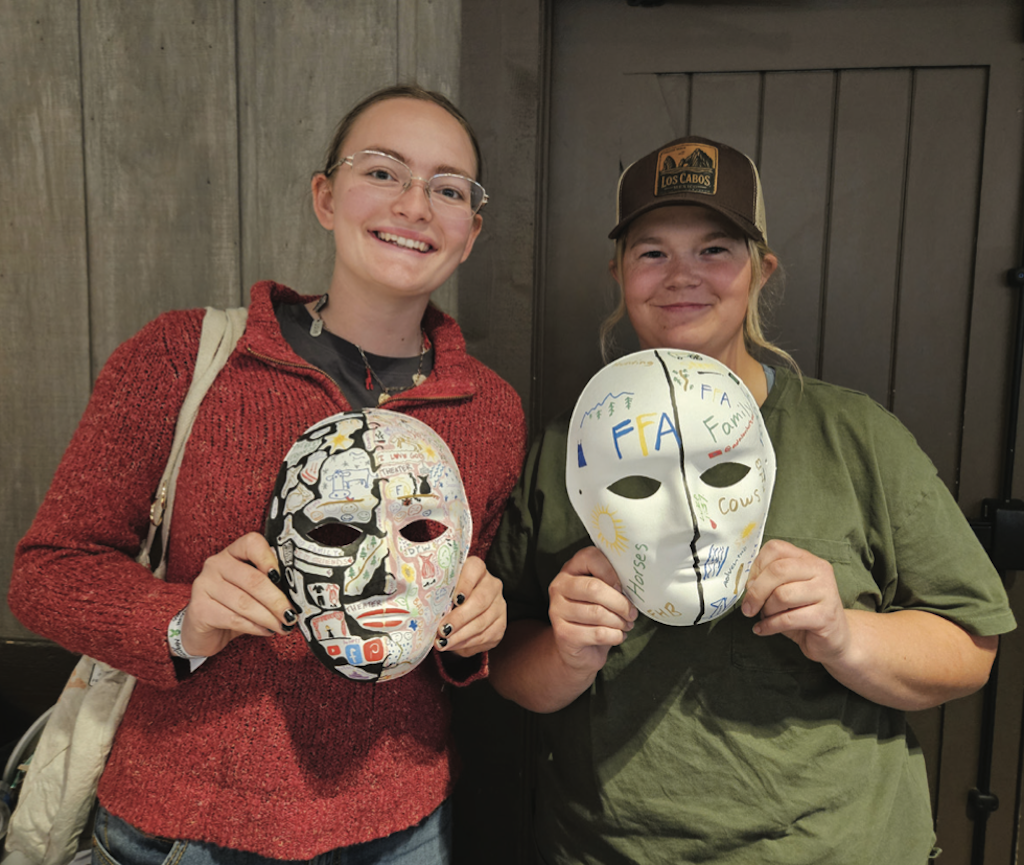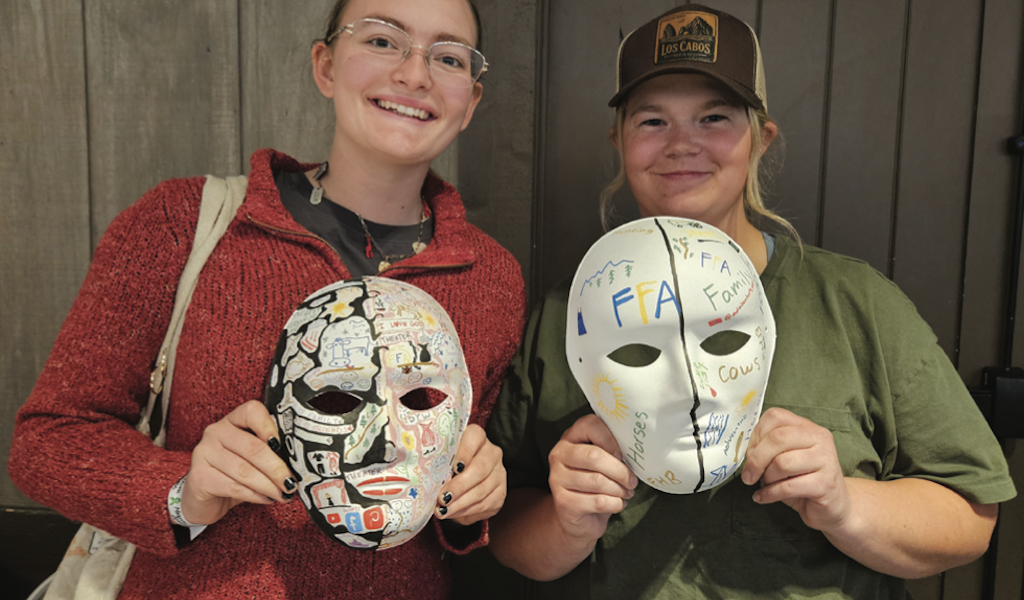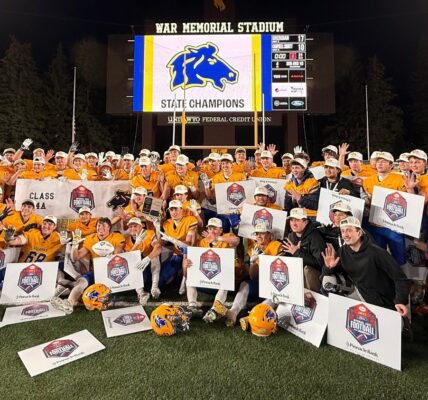
• Community youth leaders share their perspectives
Six counselors and educators from Lincoln County School District No. 2 attended the first ever Teton Youth Mental Health Summit held in Jackson on May 15-16. Barbara Merritt, Licensed Clinical Social Worker at Star Valley High School and Star Valley Middle School, served on the medical panel of professionals that discussed and answered medical questions regarding youth mental health.
Merritt was joined at the conference by Cori Engelhardt, who serves as a Special Education Teacher at SVHS. Ben Hale, Jeff Johnson and Reed Lesuma, who are counselors at SVHS, and Robbie Everett, who is the counselor at Swift Creek High School, also attended the event.
In the later hours of the event, Merritt identified the value of the conference for communities and educators. “The summit was a great collaborative display of how we as a community are impacted by rising mental health concerns, and technology’s influence. Solutions must come from all of us as a whole, as our research begins to guide us in how to change and grow.”
Produced by Teton Youth and Family Services, the event spanned two full days of educational presentations by clinical, medical and athletics authorities from throughout the nation covering topics such as the impact of smartphone usage and social media on youth today and the high suicide rate in Wyoming. Content discussed how screen exposure, gaming and social media are clinically proven to increase anxiety, depression, aggression and suicide ideation in youth.
“One of the things that stuck out to me was when Dr. [Nicholas] Kardaras said that research indicates that when very young kids are exposed to a lot of screen time, we are priming them for impulsiveness later in life,” Johnson told SVI. “That’s pretty powerful information for parents and grandparents. Time on phones, tablets and other devices does not affect the brain the same way that time watching TV does, like young kids would’ve done 20 years ago. It is much more harmful.”
Lesuma shared his feelings about the event, saying that the keynote speakers and group panels offered “a wealth of research and knowledge on youth mental health.”
Protocols and strategies to support and assist youth were discussed throughout the two days, and systems such as nutritional psychiatry were presented. Open communication and willingness to have hard conversations was at the top of the list of effective solutions. Helping youth find identity and meaningful purpose was presented as a key component in giving youth balance and inspiring living life more fully outside of technology and social media.
Uniquely, the summit also invited youth leaders in the Jackson and surrounding communities to share their mental health experiences and their insights regarding what youth need to remain mentally healthy and to cope with the challenges that today’s digital and mental health cultures present to them.
“I especially enjoyed hearing directly from the youth panels about what they feel are their biggest mental health challenges and possible solutions in today’s technologically integrated world,” said Lesuma. “It is important to continue to recognize the mental health concerns our youth are facing so we can collectively learn and implement solutions for these problems.”
Regarding the youths’ insights, Merritt said, “The youth panels let us know that our adolescents are needing our leadership to help them in finding the balance in using technology for good and not having their brain development and mental health jeopardized.”
Engelhardt felt that the information on “suicide awareness and prevention was a deeply impactful experience. One of the things that stood out to me most was the reminder of the importance of talking openly about mental health, and more importantly, listening without judgment! It is incredible how much those things can make a difference. This is not just an individual issue, not just a family issue, not just a school issue, or a professional issue; it’s a community issue! Every one of us has a role to play in breaking the silence around suicide and offering hope to those who may be struggling. I think there are more people than we realize in our community that struggle with this! The opportunity I had to attend this conference has renewed my passion to make a difference and has strengthened my commitment to advocate for mental health education, support systems, and helping find greater access to resources. I encourage everyone to learn more, to speak up, and be there for one another because every single life matters! Every one of us can make a difference and suicide is preventable!”
For more information about future summits or other events presented by Teton Youth and Family Services, please visit tyfs.org or email Emma Getsinger at egetsinger@tyfs.org.





